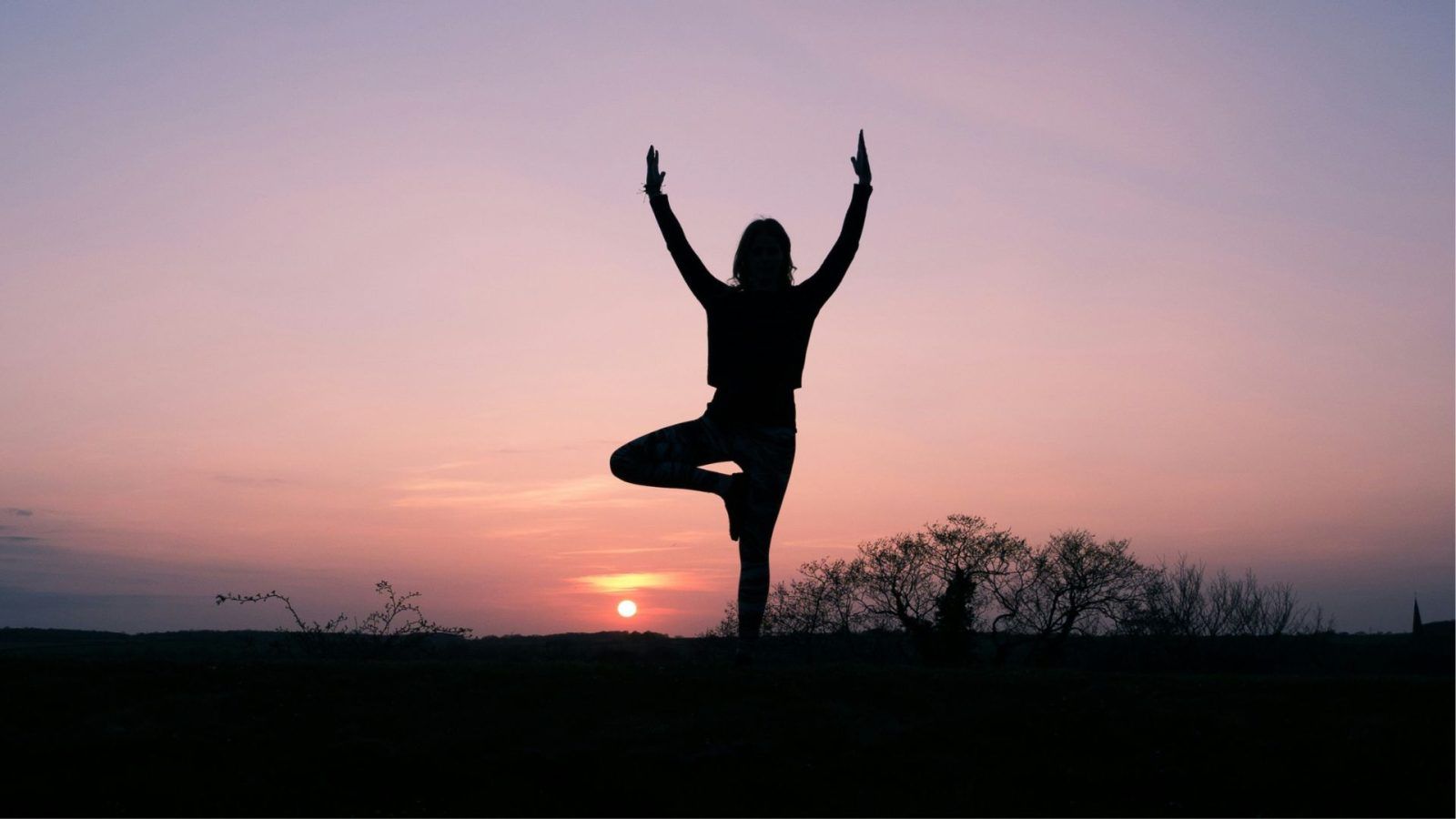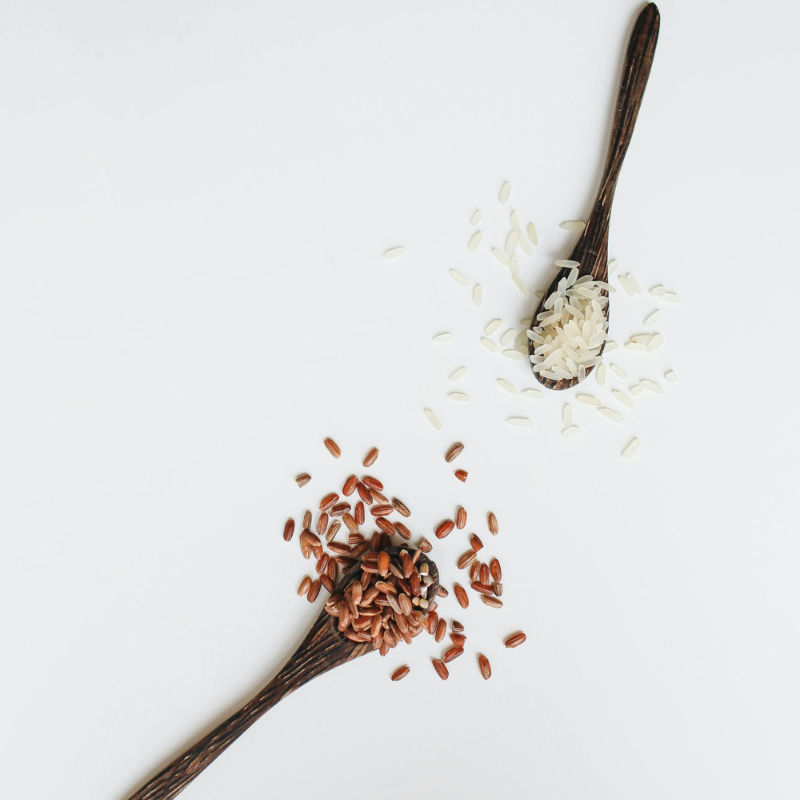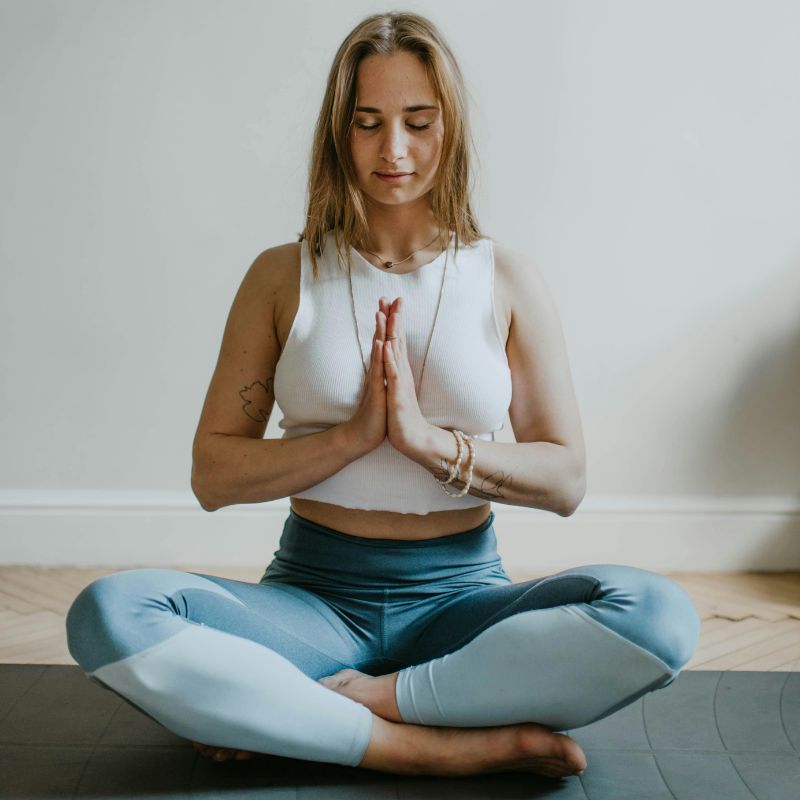Are you feeling overburdened lately? Just ask yourself if you are being mindful or if your mind is bogged down with all the stress and worries. With today’s fast-paced lifestyle, tension and woes accompany us so closely that we fail to live in the present. However, recent times have shown us that we cannot take the bounties of a healthy mind and life for granted. It is important to take some time out from all the cacophonies of the world and practice mindfulness practices.
Isn’t it ironic to see that the human mind is a great problem-solver, yet is seldom content with what it has? This is where mindfulness practice steps in. Completely living in the present, avoiding overthinking and overstressing, being self-aware, feeling all physical sensations and being calm without overtly reacting are some of the basic cardinal aims of mindfulness exercises.
You would also be intrigued to know that mindfulness practice is natural to every individual. We all know how to go about it or what we should do, but we often become oblivious about implementing them. Hence, the best way to cultivate mindfulness is to practise it regularly and be cautious of applying it to your daily activities. From mindful eating to structured mindfulness exercises and meditation, several techniques can reduce stress and make you feel grounded in the present moment.
What does it mean to practice mindfulness?

Mindful.org describes mindfulness as “the basic human ability to be fully present, aware of where we are and what we’re doing, and not overly reactive or overwhelmed by what’s happening around us.”
According to Medical News Today, mindfulness traces its roots to ancient Buddhist traditions which deepen one’s awareness of one’s thoughts, feelings and sensations. It can also include observing aspects of the environment, such as sounds, smells and objects. Mindfulness practice gives gentle reminders to take your mind off the mundane jostling and connect with yourself.
Benefits of mindfulness practice and scientific studies
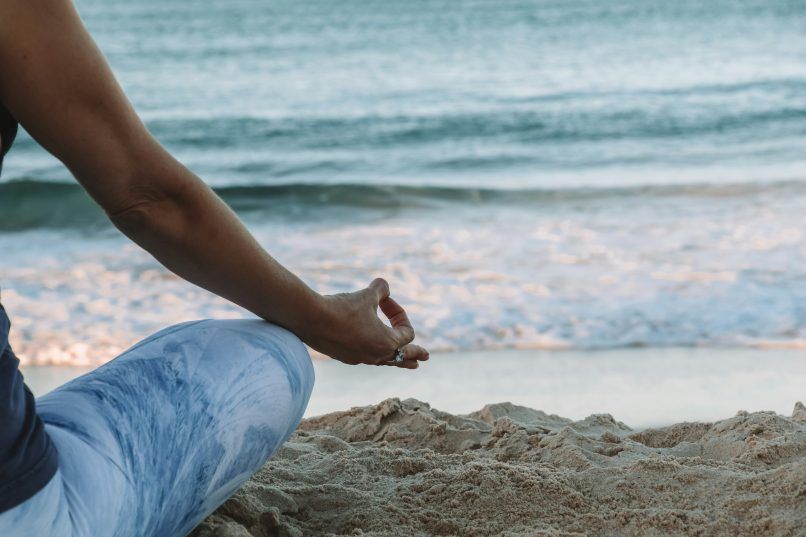
Incorporating simple mindfulness exercises in your daily routine can go a long way in promoting self-compassion and reducing stress. According to a 2019 study published by Nature, mindfulness-based stress reduction programmes impacted brain ageing and brain health. Regularly practising mindfulness activities has shown to be effective in brain structuring, and regulating grey matter volume and cortical thickness. Plus, it has also shown signs of reducing depression.
Another 2019 study by the American Psychological Association has shown mindfulness activities boost job productivity, reduce stress, keep many heart diseases at bay and even lessen pain. Mindfulness helps in strengthening your memory as well.
I’m sure after all this, you must be wondering how to get on with mindfulness practices. Well, it is quite easy and anyone can do it. Simple deep breaths, meditation, walking in a calm area and avoiding distractions while feeling the sensations of your body are some of the basic steps which can ease your mind into a state of zen.
Read more: Take this test to see if social media really makes you happy or if you need a digital detox
Mindfulness techniques and simple activities that can improve your daily life
Deep breathing

This mindfulness exercise requires you to keep your busy schedule aside and anchor yourself in the present. It involves paying attention to your breathwork and following a breathing pattern. Find a quiet and calm place, sit comfortably and focus on your breathing. Take a slow deep breath and exhale slowly with your eyes closed. Try to gather your thoughts, drive negativity away and notice your body feeling light. If your mind wanders, which is quite natural, take a deep breath and remind yourself to shut the world for some time. Try to practise mindfulness daily for sound mental health and a disciplined mind.
Meditation
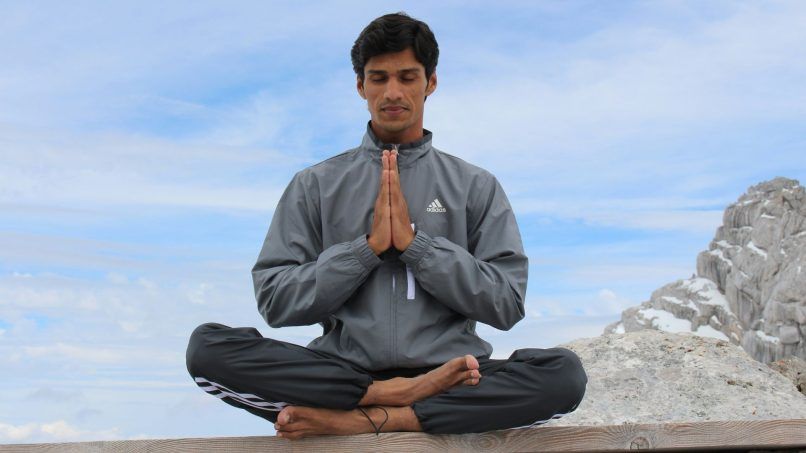
Needless to say, meditation is one of the most important and basic mindfulness exercises that has innumerable effects and benefits. Find a calm place, relax in a comfortable position, and take your mind through every part of your body. Keep your back straight but don’t be stiff, soften your gaze, feel the moment and traverse through all the sensations inside. Again, focus on your breathing, keep the world at bay and indulge in self-awareness. Meditation is known for reducing anxiety, inducing better sleep and increasing attention span.
If you are looking for guided meditation techniques to boost your mental strength, you may take to body scan meditation and walking meditation. In body scan meditation, lie down comfortably with your arms by your side. Now, tune in to whatever you are feeling in the moment, and take your focus to every part of your body. Understand every sensation to analyse what it needs. The latter, on the other hand, is another method to pay attention to your inner self while in a physical activity. Here, meditate while brisk walking in a straight line or circle. This will help you bring down stress levels and accelerate mental well-being.
Mindful eating

Just as it is integral to take care of your mental health, it is imperative to pay attention to your physical well-being and ensure proper gut health. Practice mindfulness eating as the first step in this direction. Being mindful of what you eat, being wholly invested in every mouthful and understanding what’s important for your body are some of the most essential components of mindful eating.
As part of mindful eating, you must savour every bite consciously instead of rushing through meals. Take a deep breath before eating, imbibe the flavours and take only as much as you can eat as being mindful is to be aware of what and how much the body needs.
Mindful movement and workout
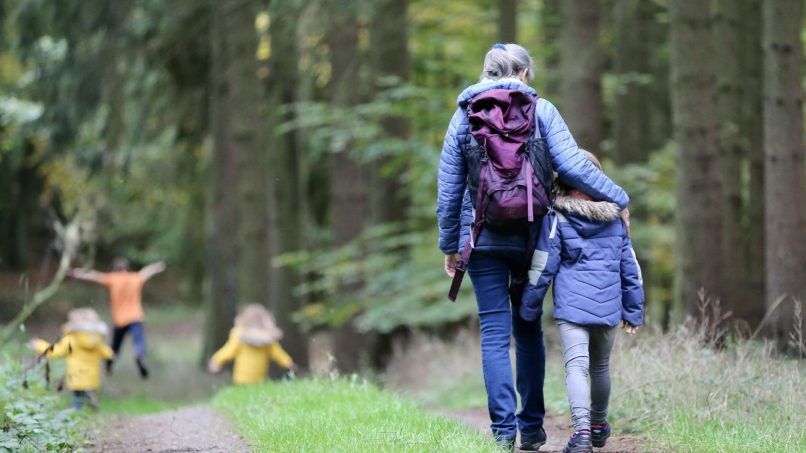
Connecting with nature, engaging in physical activities and putting your body into a rhythm are among the best mindfulness practices too. It doesn’t have to be rigorous exercising. Even the smallest movements can go a long way in pushing you if done with the correct state of mind and thought.
For instance, going to the park and walking barefoot in silence may sound quite trivial but such a mindful walk routine can go a long way in boosting you for the day, keep you calm and increase your focus. Regular exercising, yoga, cycling, deep breathing and walking meditation are mindfulness practices which yield great benefits. You may also go for nature hikes or treks to escape the urban jungle. Effects may not be visible right from the start, but with prolonged practice, you will be able to see the difference. And, the best part is you can do these as group exercises as well with friends or like-minded people.
Mindful pause
Taking a pause once in a while is a catalyst to run a long way. Allow the mind to offload all its burden before taking on new ideas. You may think that completing every task at hand first before taking that break, but this delay will only prolong it as the mind gets saturated. Hence, a pause-rewire-relax pattern becomes a crucial mindfulness-based stress reduction exercise which is imperative in today’s lifestyle.
Mindful listening

Intertwined with the above-mentioned mindfulness practices is mindful listening. Listening to the body’s requirements, paying attention to all senses and heeding to your mental health are the very basics. You may also opt for sound healing therapy to rejuvenate your soul and open up your consciousness.
On the other hand, mindful listening also includes listening to your words. Keep a note of what you say and how you react in a situation and later reflect on your thoughts. If you practise being mindful of your actions in a particular situation, you will see how calm and composed you become.
Planning your actions

You may apply this formula in your personal life as well. Wake up with a purpose, take a deep breath and introspect to understand what your mind is feeling. Before diving straight into the hectic chaos, sit for a while, lay down your intent for the day, plan your actions, and take on one task at a time. This is one of the best mindfulness practices that will increase your productivity as well as keep your mind clutter-free.
You may also pen a gratitude list to remind yourself of the bountiful life you have and the things that make you happy. Whenever you feel things are not going your way or your mind is filling up with negativity, a glance at the gratitude list will surely bring a smile to your face.
Mindful driving
This is your own life, your mind and your body. You are at the steering wheel so take the turns wisely. One of the most essential mindfulness activities is to manoeuvre in the right direction. Instead of blaring the horn and losing your sanity while stuck in a bottleneck traffic situation, use it as a tool to reflect on your mental health. Since the cars around you won’t just disappear, use a mindful driving mantra — take a deep breath, calm yourself and wait patiently. This will build your mental stamina and let you focus on the present reality and not get overwhelmed by the situation.
Are mindfulness practices for everyone?
Anyone can practise mindfulness without any restrictions. You might have to find different games and fun ways to get children interested in it, but if started from a young age, it will help them implement these techniques organically in the long run. The aged can modify their routines or techniques according to their convenience to suit their health and needs. For instance, they may not go for walking meditation but can practise body scan meditation and sound therapy and be mindful of their diet.
However, if you are facing certain serious issues, then it is advised to visit a doctor for better clarity and help.
(Hero and Feature image credit: Carl Newton/ @carlnewton/ Unsplash )
Frequently Asked Questions (FAQs)
Five ways to practise mindfulness are taking deep breaths, meditation, yoga and exercise, having a mindful diet and taking stock of your mind, that is to pause, allow yourself to rewire, relax, analyse the situation and then take on the work ahead.
The basic four steps of mindfulness practices are to focus on your breathing, connect with your mind, soul and body, take note of your feelings and thoughts and pause to relax before resuming your work.
Practising mindfulness daily is quite easy. You may begin with some deep breaths, do some yoga, go for a mindful walk to collect your thoughts, meditate and feel the sensations of your body. This will help you understand your inner self better, help you build focus and make you feel calm and composed in any situation.
Every person may build their own mindfulness exercise pattern that suits them best. Whether it is rejuvenating with full deep breaths or silent meditation or feeling at one with nature, it depends on what your body needs. However, certain steps are common for all, like focused breathing, sitting or lying down calmly to meditate and connect your mind and body, pausing to rewire the mind and having a mindful eating pattern.

